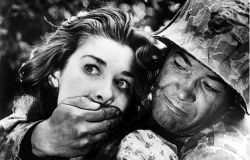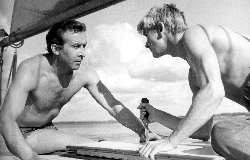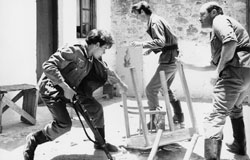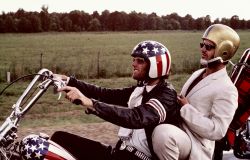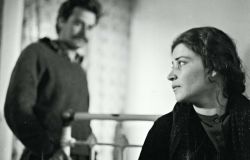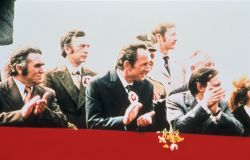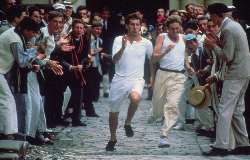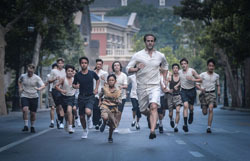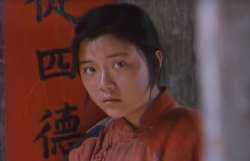Film Screenings
Passion and Tension in Directorial Debuts
Master directors are unequivocally blessed with the knack to ignite the proverbial fire in the belly in their works, whether it's the critical gaze that Stanley Kubrick directed at human weaknesses and wanton desires, or the experimental images captured through John Cassavetes's improvisational hand-held camera work.
From the audience's point of view, we might be driven by a curious desire to glean the creative origins of a master director from his or her debut, the probe itself is an alluring journey in its own right: delving into the wrestling, balancing or compromising of different times, races, values and aesthetics of these works is akin to travelling across states and countries by train, realising the emotional resonance held in foreign places to one's great joy and exhilaration.
Eclectic and boldly original, these nine selected debuts hailed from across four decades. Kubrick's palpable depiction of the brutal absurdity of war in the 1950s serves as a foil to John Cassavetes's raw, gritty portrayal of the pomposity and decadence among the youths during the Beat Generation years in New York City; the three German soldiers withdrawn from combat under Werner Herzog's lens offer less an anti-war, pacifist critique than a contemplation on the mind. One of new emerging forces of 1960s cinema, Roman Polanski ramped up sexual and class tensions to fever pitch with his cinematographic labyrinth within the intimate spaces of a yacht. Plunging into wounded fury and blind rage in Easy Rider (1969), Dennis Hopper played fast and loose with the rules, even making his own.
Theo Angelopoulos and Krzysztof Kieslowski made their cinematic debuts in the 1970s. One fantastical and the other realistic, the two masters painted the human and cultural landscapes of a Greek village and a Polish town respectively with elegant, composed cinematography. In the 1980s when the film industries of the world were flourishing and striving for innovation, the English director Hugh Hudson brought a breath of fresh air taking the directorial helm for the first time in Chariots of Fire (1981). Classic storytelling at its best, Chariots tells the story of two athletes, a missionary who runs for the glory of God and an English Jew who runs to overcome prejudice, and together, transcending their sport, inspire a nation and become legends. A leading figure of the fifth generation of Chinese cinema, Chen Kaige brought his post-revolutionary aesthetic vision and lyrical choreographing to the fore with Yellow Earth (1984).
The nine directorial debuts, each a tour de force of filmmaking, illuminate the intellectual, cultural and emotional dynamics between East and West, Europe and the US, opening up a host of issues for discussion. Fiercely uncompromising and inventive, the nine masters-in-the-making dived into the art of filmmaking with a passion more ardent than a vocation. They had issues to address, trails to blaze, tapping into the truth of life by employing the powerful tool that is cinema.
This programme is presented in collaboration with UA CineHub, in which five of the chosen films will be shown at UA iSQUARE, Tsim Sha Tsui and UA Cine Moko in Mongkok from May to November. Keep track of our screening schedules!
Presented by Leisure and Cultural Services Department
Curated by Hong Kong Film Archive
In collaboration with UA CineHub
The contents of the programme do not represent the views of the presenter.
The presenter reserves the right to change the programme should unavoidable circumstances make it necessary.


